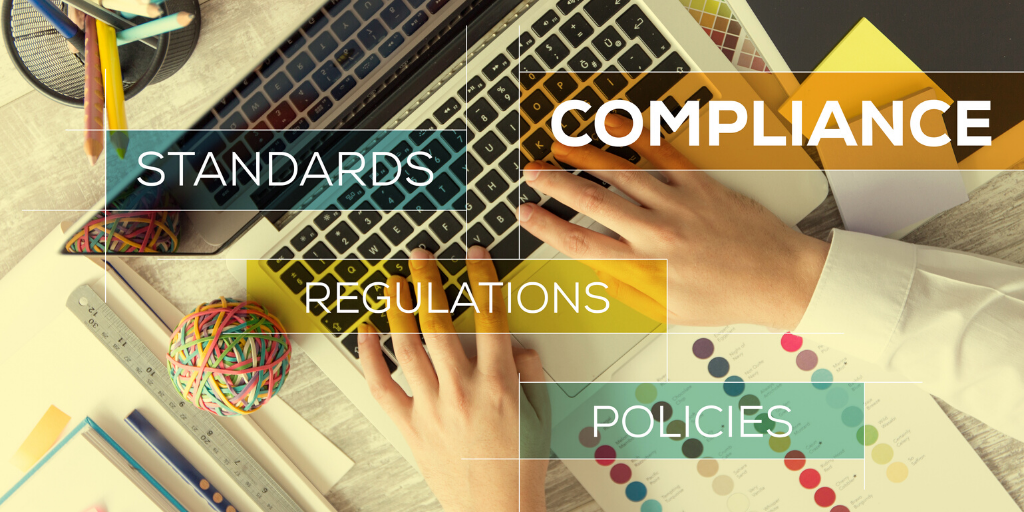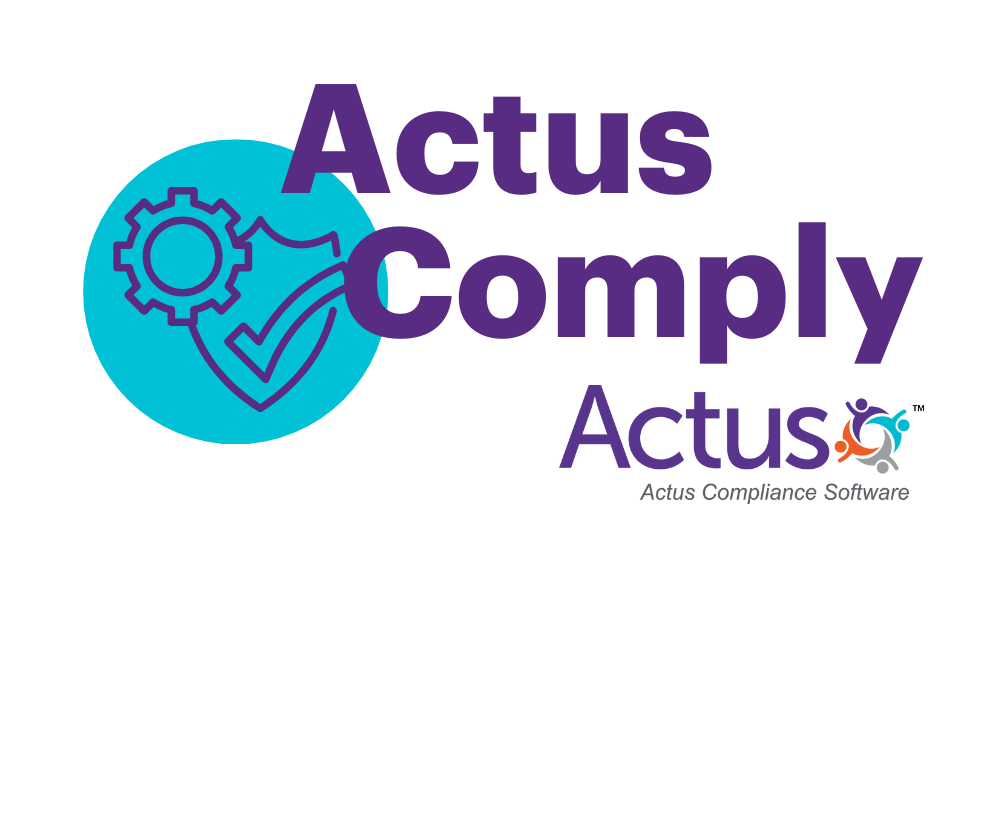Consumer duty Compliance
How to comply with the FCA Consumer Duty: A Guide for Firms
The FCA’s Consumer Duty represents a significant shift in regulatory expectations, raising the bar for firms in terms of how they serve and support their customers. It requires firms to deliver good outcomes for consumers, prioritising their needs and ensuring fair treatment across all touchpoints. But what does this mean in practical terms? How can firms ensure they are meeting the Duty’s requirements effectively? This blog outlines practical steps that can ensure compliance with the FCA’s Consumer Duty helping firms integrate these higher and clearer standards into their business models and outlining how Actus Comply can provide better visibility and control for senior managers.
Understanding the Consumer Duty Framework
The FCA’s Consumer Duty is structured around three key elements:
- Consumer Principle – Firms must act to deliver good outcomes for retail customers.
- Cross-cutting Rules – Firms must:
- Act in good faith towards customers.
- Avoid causing foreseeable harm.
- Enable and support customers in pursuing their financial objectives.
- Four Consumer Outcomes – Firms must ensure good outcomes in:
- Products and Services – Designed to meet customers’ needs.
- Price and Value – Representing fair value for customers.
- Consumer Understanding – Providing clear and timely communications.
- Consumer Support – Ensuring effective and accessible service.
Understanding these components is the first step towards compliance, but practical application in the form of implementation plans and embedding monitoring strategies is now the area for serious consideration for most financial services firms in scope.

Embedding Consumer Duty in Your Business
Firms must embed the Consumer Duty within their operations, culture, and governance structures. Here’s how:
1. Leadership and Governance
Action Steps:
- Appoint a Consumer Duty Champion at Board level to oversee implementation and ongoing compliance.
- Integrate Consumer Duty considerations into senior management discussions and decision-making.
- Ensure clear accountability, with designated individuals responsible for delivering compliance across different business areas.
- Conduct regular Board-level reviews to assess alignment and identify gaps against Consumer Duty principles, this can’t be simply left to compliance teams.
2. Product and Service Design
Action Steps:
- Conduct robust product and service assessments to ensure they meet the needs of their target market.
- Define clear ‘customer personas’ and evaluate whether existing products are suitable for them, particularly avoiding foreseeable harm for vulnerable customers.
- Implement a governance framework for product development, ensuring continuous assessment of consumer protection and outcomes.
- Gather customer feedback and real-world data to inform product evolution and suitability.
3. Fair Pricing and Value
Action Steps:
- Perform a value assessment for all products and services, considering fairness, transparency, and proportionality.
- Benchmark pricing against industry standards to identify potential areas of concern.
- Regularly review fee structures to ensure customers are not paying for services they do not need or receive.
- Engage in independent audits or consumer testing to validate perceived value.
4. Clear and Effective Communications
Action Steps:
- Use consumer testing to ensure communications are clear, simple, and accessible.
- Apply behavioural insights to improve customer understanding of risks, terms, and conditions.
- Implement a robust approval process for all customer-facing materials, ensuring compliance with Consumer Duty principles.
- Regularly review customer interactions to identify areas where information might be misinterpreted or misunderstood.
5. Accessible and Effective Consumer Support
Action Steps:
- Conduct an end-to-end review of customer support processes, identifying potential pain points and barriers.
- Train frontline staff to engage with customers empathetically and proactively resolve issues.
- Implement service-level agreements (SLAs) that prioritise customer needs and ensure timely responses.
- Offer multiple communication channels, including digital, telephone, and in-person support, to provide accessible customer support and meet diverse customer preferences.

Data-Driven Compliance: Monitoring and Evidencing Outcomes
A critical area in which the consumer duty applies is the ability to monitor and evidence good consumer outcomes. Firms must establish a robust data framework to track, analyse, and report on their performance. However under the new rules, simply monitoring outcomes is not enough as the enforcement priorities are emphasising plans to improve outcomes in 2025. Effective consumer duty implementation should demonstrate how firms plan to deliver good customer outcomes more consistently and frequently and this is not purely the remit of the risk and compliance teams. Individual accountability for consumer outcomes now sits with in the Senior Management Conduct Rules 1 and 4 emphasising the importance of this major shift. So firms should be prepared to carry out internal audits to identify areas of good and poor practice and proactively act to resolve these. The following action steps suggest ways in which this can be done.
1. Outcome Testing and Monitoring
Action Steps:
- Develop key performance indicators (KPIs) aligned with the four Consumer Outcomes.
- Utilise customer surveys, complaint data, and behavioural analytics to assess consumer understanding and satisfaction.
- Implement mystery shopping and focus groups to gather qualitative insights into customer experiences.
- Review outcomes by demographic segments to ensure fair treatment across all customer groups.
2. Proactive Risk Identification
Action Steps:
- Conduct risk assessments to identify areas where consumer harm could occur.
- Implement automated monitoring tools to flag potential compliance issues in real time.
- Establish an internal escalation process for addressing emerging risks swiftly.
- Engage with FCA guidance and industry best practices to stay ahead of regulatory expectations.
3. Transparent Reporting and Governance
Action Steps:
- Develop a Consumer Duty dashboard for senior leadership, highlighting key compliance metrics.
- Establish a framework for periodic reporting to the Board and regulators, demonstrating proactive oversight.
- Maintain thorough documentation of decision-making processes and actions taken to improve consumer outcomes.
- Foster a culture of continuous improvement, ensuring lessons learned are integrated into business operations.
Cultural Transformation: The Heart of Consumer Duty Compliance
As with the Senior Manager Certification Regime, the FCA’s ambition is not for tick box compliance but genuine culture change. While policies, procedures, and monitoring frameworks are essential, the true test of compliance lies in a firm’s culture. A customer-centric culture must be embedded at every level of the organisation.
1. Staff Training and Awareness
Action Steps:
- Provide ongoing Consumer Duty training to all employees, ensuring they understand their role in delivering good outcomes.
- Encourage a ‘speak-up’ culture where staff feel empowered to raise concerns about potential consumer harm.
- Recognise and reward behaviours that align with Consumer Duty principles, reinforcing a positive compliance culture.
2. Leadership Accountability
Action Steps:
- Ensure senior leaders visibly champion Consumer Duty principles.
- Embed Consumer Duty considerations into performance reviews and remuneration structures.
- Promote cross-functional collaboration to drive holistic compliance efforts.
3. Ethical Decision-Making
Action Steps:
- Implement a ‘customer-first’ decision-making framework, ensuring consumer interests are prioritised.
- Encourage teams to challenge business decisions that may not align with good consumer outcomes.
- Regularly review ethical considerations in product development, pricing, and service delivery.
Looking Ahead: Preparing for Future FCA Expectations
Consumer Duty is not a one-time compliance exercise—it is an ongoing commitment. Firms must continuously evolve their practices, staying attuned to regulatory developments and emerging consumer risks.
Action Steps:
- Stay engaged with FCA updates and industry guidance, adapting compliance strategies accordingly.
- Participate in industry forums and working groups to share best practices and challenges.
- Future-proof compliance frameworks by integrating technological solutions, such as Actus Comply which enables the definition and tracking of metrics around customer outcomes as well as the definition and cascade of strategic improvement goals. It enables firms to have dashboard visibility for the firm’s chair, senior management team and cascades accountability as far as is required. Get in touch to find out more.
Final Thoughts
Consumer Duty is an opportunity for firms to enhance customer trust, drive long-term success, and differentiate themselves in a competitive market. By embedding consumer-focused practices into their operations, firms can not only meet regulatory expectations but also make informed decisions about how to build stronger, more resilient customer relationships.
Practical compliance requires commitment, strategic oversight, and continuous improvement. Firms that proactively embrace the Consumer Duty’s principles will be well-positioned to thrive in a regulatory landscape that prioritises customer outcomes above all else.
Actus Comply – Our HR Compliance Software
Actus Oversight – Meet Consumer Duty requirements without the burden of spreadsheets
By automating ownership, tracking key performance metrics, and delivering real-time compliance dashboards, the software streamlines processes, reduces manual admin, and saves valuable time. With clear visibility across all levels of the organisation, Actus Oversight makes compliance not just easier—but more efficient, cost-effective, and business-friendly.
Actus Oversight – Consumer Duty Software
Find out how Actus Comply can help your firm to manage and report on Consumer Duty get in touch here:
GET IN TOUCH


